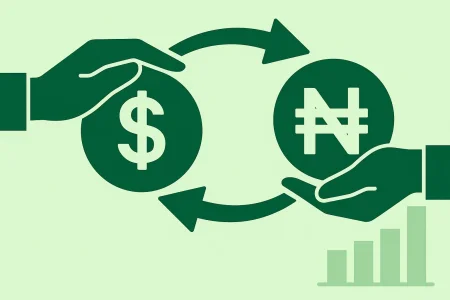
Nigeria's Finance Minister Wale Edun announced that the country has saved $20 billion by ending fuel subsidies and adopting a market-driven exchange rate. The reforms, aimed at redirecting funds to health, education, and infrastructure, mark a significant shift in economic policy, fostering transparency and curbing wasteful spending.
Nigeria’s Minister of Finance and Coordinating Minister of the Economy, Wale Edun, has revealed that the removal of fuel subsidies and the adoption of a market-driven exchange rate policy have saved the nation $20 billion. He made the statement during an event commemorating the first 100 days in office of Esther Walso-Jack, the Head of Civil Service of the Federation, in Abuja.
According to Edun, the two subsidies—on petrol and foreign exchange—previously consumed 5% of the country’s Gross Domestic Product (GDP), equating to approximately $20 billion annually, given an average GDP of $400 billion. He emphasized that these funds are now being redirected toward critical sectors like infrastructure, healthcare, education, and social services.
“The real change is that the era of people profiting from subsidies without adding value is over,” Edun stated. He highlighted how the reforms have curtailed exploitative practices, ensuring public funds are utilized for broader economic development rather than enriching a few individuals.
The decision to remove the petrol subsidy was announced by President Bola Tinubu on May 29, marking the end of a policy long criticized for inefficiency and corruption. However, the transition has not been without challenges. Rising crude oil prices and currency fluctuations have reignited debates about reintroducing a temporary subsidy.
Despite denials from government officials, the Nigerian National Petroleum Company (NNPC) disclosed in August that the federal government owes it N7.8 trillion for under-recovery costs. These developments underline the complexity of implementing fiscal reforms in a volatile economic environment.
The government remains optimistic, asserting that these policies will foster long-term economic stability and growth.




